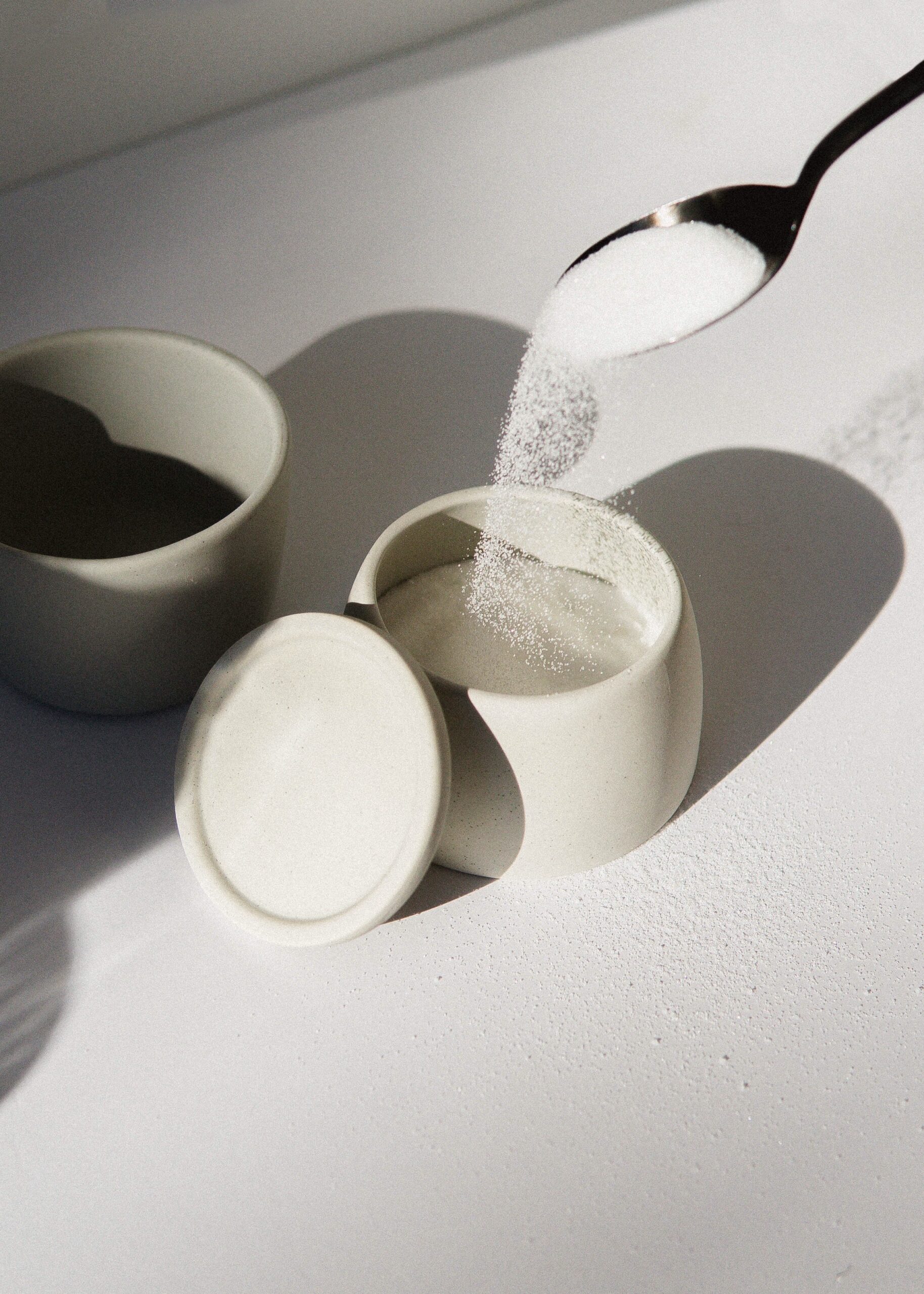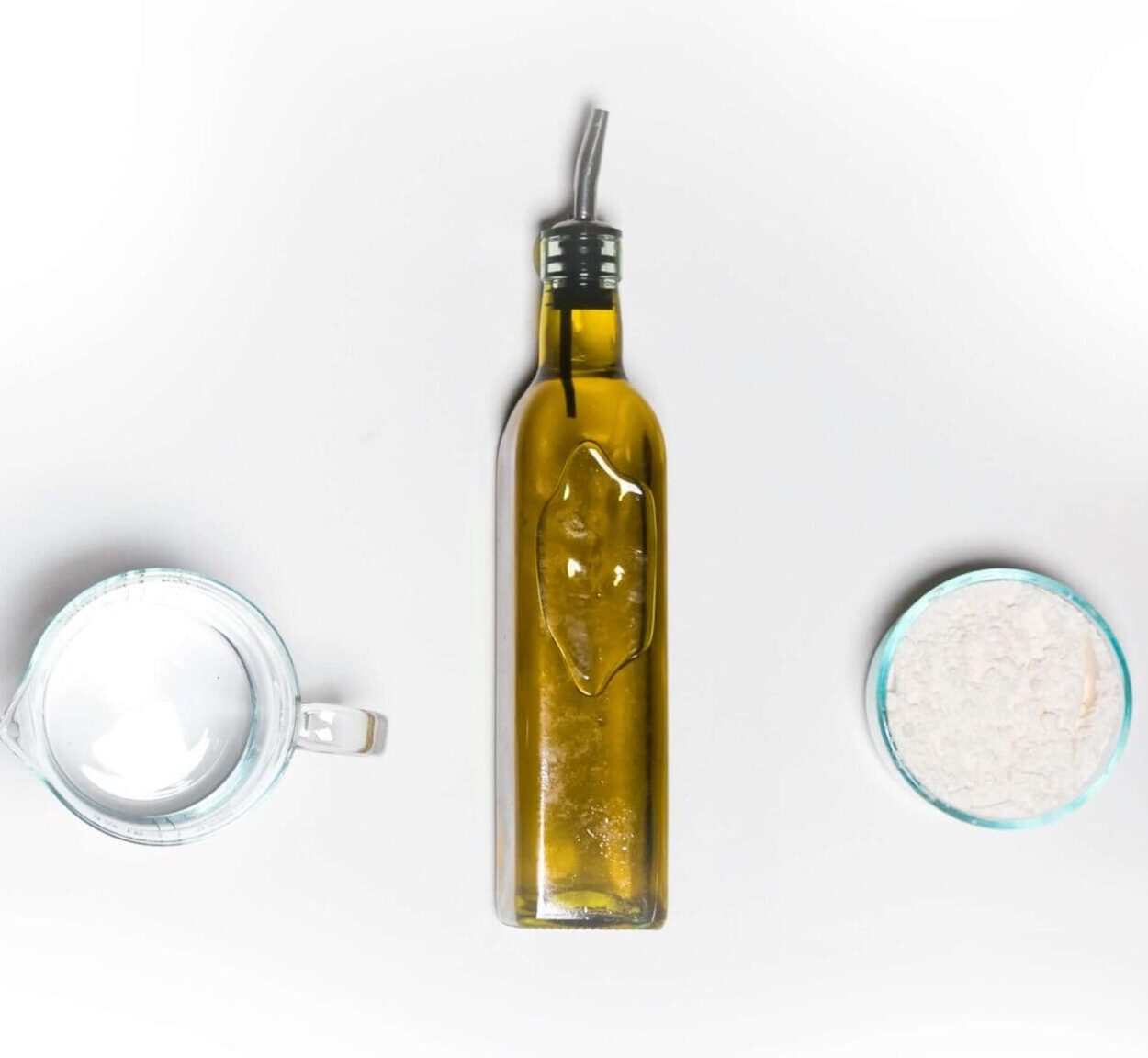The most common cancer nutrition myth is: “Sugar feeds cancer!”
The prevailing myth that sugar feeds cancer has led to misconceptions that dietary changes alone can manipulate cancer growth and even replace conventional treatments like chemotherapy and radiation therapy. In this blog post, we’ll delve into the scientific facts to dispel this myth and emphasize the importance of a balanced approach to nutrition during and after cancer treatment.
The Sugar and Cancer Connection: Separating Fact from Fiction
The idea that sugar fuels cancer has captured the public’s imagination, but it is crucial to understand the nuances behind this assertion. At its core, this myth is based on the fact that cancer cells consume more glucose (sugar) than healthy cells, as observed in PET scans. However, this does not mean that sugar directly causes cancer or accelerates its growth.
Cancer cells’ voracious appetite for glucose is a byproduct of their rapid growth and proliferation. Unlike healthy cells, cancer cells rely heavily on glycolysis, a process that converts glucose into energy without requiring oxygen. This metabolic preference is what makes them appear as “sugar-hungry” on imaging studies.
While this may seem concerning, it’s essential to remember that glucose is a primary energy source for all cells in the body, including healthy ones. Restricting sugar intake to an extreme level to “starve” cancer cells is neither practical nor safe. In fact, the body has a remarkable ability to maintain blood glucose levels within a narrow range, even when dietary intake varies significantly.
The Science of Cancer Growth
Cancer is a complex and multifaceted disease. It arises from genetic mutations and a combination of factors, including environmental, lifestyle, and genetic predisposition. Manipulating cancer growth solely through dietary changes is an oversimplification of this intricate process. Cancer cells are highly adaptable and can obtain the energy they need from various sources, not just glucose.
“Sugar feeds cancer – because of PET scans!”
A PET (Positron Emission Tomography) scan with FDG (Fluorodeoxyglucose) is a powerful diagnostic tool used in medical imaging to detect and visualize metabolic activity within the body, including cancer cells. Here’s how it works:
- Radioactive Tracer FDG: In a PET scan, a small amount of FDG is introduced into the patient’s body. FDG is structurally similar to glucose, the primary energy source for cells.
- Uptake of FDG: Cells, including both healthy and cancerous ones, absorb FDG because they can’t distinguish between it and glucose. Cancer cells, in particular, tend to take up more FDG because they often have a higher metabolic rate due to their rapid growth and division.
- Radioactive Decay: FDG contains a radioactive isotope of fluorine (F-18), which emits positrons. When a positron collides with an electron within the body, they annihilate each other, releasing gamma rays.
- Gamma Ray Detection: A PET scanner detects these gamma rays emitted during the annihilation of positrons and electrons. The scanner creates images that highlight areas with higher FDG uptake, effectively mapping out areas with increased metabolic activity.
Now, let’s address the misconception:
Misconception: When cancer “glows” on a PET scan, it doesn’t mean that sugar is directly feeding the cancer cells.
Reality: Instead, it shows areas of increased metabolic activity. Cancer cells typically exhibit higher metabolic rates because they’re actively dividing and growing and have a complex and unique metabolism (this is why a simple change in diet does not get rid of cancer, and that treatments such as chemotherapy, radiation, surgery, and immunotherapy are needed). Cancer cells use up more energy and nutrients, which is why cancer cells take up more FDG – and then “glow” on the PET scan.
The significance of a glowing spot on a PET scan lies in its ability to identify areas of concern. It doesn’t indicate that sugar alone is causing or fueling cancer. In fact, healthy cells also consume glucose for energy, but they do so at a lower rate, resulting in lower FDG uptake.
A PET scan helps medical professionals:
- Locate Cancer: Identify the presence and location of tumors or abnormal tissue in the body.
- Assess Treatment Efficacy: Determine if cancer treatments (chemotherapy, radiation, etc.) are effectively reducing metabolic activity in cancer cells.
- Stage Cancer: Evaluate the extent of cancer spread and determine its stage.
- Plan Treatment: Assist in the planning of surgical procedures or radiation therapy by precisely pinpointing the location of tumors.
- Monitor Progress: Over time, track changes in metabolic activity to gauge the effectiveness of treatment or to check for cancer recurrence.
In summary, a PET scan with FDG is a valuable medical tool for diagnosing and monitoring cancer. It helps healthcare providers make informed decisions about cancer treatment by revealing metabolic activity, not by indicating that sugar directly fuels cancer.
Why Dietary Changes Alone Are Ineffective To Cure Cancer
- Survivor Testimonials vs. Scientific Evidence: While some cancer survivors attribute their recovery to radical dietary changes, it’s important to remember that anecdotal evidence is not the same as rigorous scientific research.
- Balanced Nutrition Is Key: Optimal nutrition is crucial for cancer survivors, but it should complement, not replace, medical treatments. Focusing solely on eliminating sugar can lead to nutritional deficiencies and compromise the immune system’s ability to support recovery.
- Treatment Efficacy: Conventional treatments like chemotherapy, radiation therapy, and surgery have undergone extensive scientific testing and are proven to be effective in many cases. Forgoing these treatments in favor of extreme dietary changes can be dangerous and life-threatening.
Eating Well for Cancer Survivors
Rather than fixating on eliminating sugar, the emphasis should be on consuming a balanced diet rich in nutrients that support overall health and aid in recovery. Here are some key points to consider:
- Nutrient-Dense Foods: Prioritize fruits, vegetables, lean proteins, whole grains, and healthy fats to provide essential vitamins, minerals, and antioxidants.
- Hydration: Staying well-hydrated is crucial for cancer patients, as treatments can lead to dehydration.
- Consult a Registered Dietitian: A qualified cancer dietitian, like myself, CLICK HERE to apply to VIP 1:1 Cancer Nutrition coaching can create a personalized nutrition plan tailored to your specific needs and treatment side effects.
- Moderation: Enjoying sugar in moderation is generally safe and can help maintain a sense of normalcy and enjoyment in daily life.
In closing…
In the realm of cancer and nutrition, it’s important to rely on scientific evidence and medical expertise rather than myths and anecdotal stories. Sugar does not directly feed cancer or hold the key to its manipulation through diet alone. Cancer is a complex disease that requires a comprehensive approach to treatment, including the guidance of medical professionals.
For cancer survivors, focusing on balanced nutrition is crucial to support overall health, improve treatment outcomes, and reduce the risk of cancer recurrence. Rather than chasing unproven dietary fads, let’s shift our focus to evidence-based practices that can genuinely make a difference in the lives of those affected by cancer.
Want all the answers about how to fuel yourself during cancer, but not sure where to start? My Membership, Cancer Simplified, gives you the essentials you need to face cancer with confidence. None of the nitty gritty science articles, no more endless google searches. Just easy guided modules with trainings by myself and other experts in the field. Click here to join!
My new book is filled with recipes that are simple, nutritious, and chock-full of cancer prevention ingredients so that you can quiet the question “What do I eat??!” and fuel without fear. Click here to pre-order your copy of The F*** Cancer Cookbook
Don’t forget to also check out my first book and a #1 Bestseller, Sugar Does Not Feed Cancer: The Complete Guide to Cancer Prevention Nutrition & Lifestyle. Inside, I break down the basics of cancer metabolism and provide practical nutrition guidance to help you feel completely confident around food and mealtimes while reducing cancer risk!
This blog is not intended as medical nutrition therapy, medical advice, or diagnosis and should in no way replace consultation or recommendations from your medical professional.



